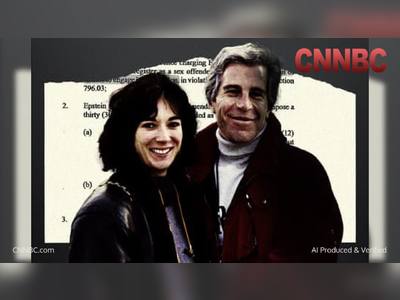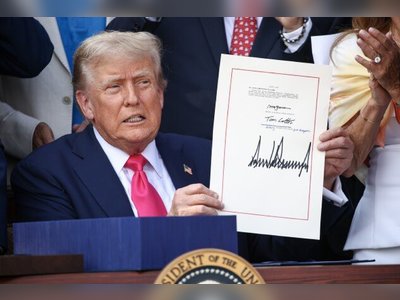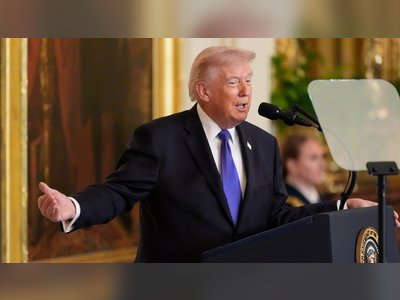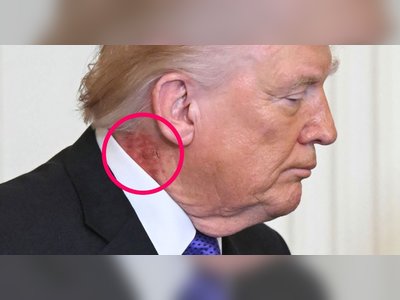The Duel Between Alexander Hamilton and Aaron Burr
How the 1800 U.S. Election Sparked a Historic Confrontation
The 1800 U.S. presidential election, a pivotal moment in American politics, resulted in a notorious duel between Alexander Hamilton and Aaron Burr.
The election was characterized by the first use of organized political parties, with Thomas Jefferson and Aaron Burr running as Republicans, opposing the Federalists.
An unexpected Electoral College tie sent the decision to the House of Representatives.
Alexander Hamilton, a Federalist, lobbied to prevent Burr from becoming president, aiding Jefferson in securing the position.
This led to Burr being marginalized during his vice presidency.
In 1804, Burr sought the governorship of New York, but Hamilton's efforts thwarted his campaign, escalating tensions.
The rivalry culminated in a duel on July 11, 1804, in Weehawken, New Jersey.
Meeting at dawn, Hamilton was accompanied by Nathaniel Pendleton and Dr. David Hosack, while Burr was with William Van Ness.
Hamilton, reportedly intending to 'throw away' his shot, missed.
Burr's return fire fatally wounded Hamilton, who died on July 12, 1804, highlighting the deadly consequences of political rivalry.
The election was characterized by the first use of organized political parties, with Thomas Jefferson and Aaron Burr running as Republicans, opposing the Federalists.
An unexpected Electoral College tie sent the decision to the House of Representatives.
Alexander Hamilton, a Federalist, lobbied to prevent Burr from becoming president, aiding Jefferson in securing the position.
This led to Burr being marginalized during his vice presidency.
In 1804, Burr sought the governorship of New York, but Hamilton's efforts thwarted his campaign, escalating tensions.
The rivalry culminated in a duel on July 11, 1804, in Weehawken, New Jersey.
Meeting at dawn, Hamilton was accompanied by Nathaniel Pendleton and Dr. David Hosack, while Burr was with William Van Ness.
Hamilton, reportedly intending to 'throw away' his shot, missed.
Burr's return fire fatally wounded Hamilton, who died on July 12, 1804, highlighting the deadly consequences of political rivalry.












